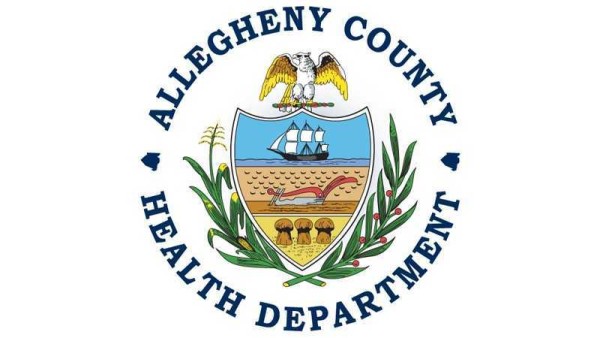Frequently reported barriers to accessing timely STI care and treatment through public and private health clinics include inconvenient hours, long wait times, distance to clinic, and confidentiality/privacy concerns. To ease some of these barriers, the National Association of County and City Health Officials (NACCHO) selected several sites with a committed interest in partnering with local pharmacies to expand STI services in the jurisdiction to help fund STI services (testing and treatment) in their local communities.
This project kicked off in mid-2022 and we are excited to share a success story from Hilltop Pharmacy and Allegheny County in Pennsylvania.
Allegheny County Health Department (ACHD) serves 130 municipalities. Their HIV/STI clinic takes walk-ins, serves anyone 13 or older without parent consent, and sees patients regardless of their immigration status. This grant has allowed Allegheny to partner with Hilltop Pharmacy for expanded STI services and has opened doors that have improved the quality of STI services in Allegheny County. Below is the story that was shared:
One of Hilltop Pharmacy’s patients was a 20 year old male who tested positive for both chlamydia and gonorrhea on a 3-site test (urine, anal, pharyngeal). The patient had two separate phones, so he came to his appointment without proof of a positive test because it was on his other phone. The pharmacist from Hilltop Pharmacy was able to coordinate with the ACHD team to verify the positive result. During the pharmacist’s screening process, the pharmacist identified the patient had not been to a physician since their pediatrician. The pharmacist was able to refer the patient to a local Federally Qualified Health Center down the street where they have a relationship with the practice.
The pharmacist stated the patient intake process went really well. While triaging the patient, the pharmacist came up with a more efficient way to screen and collect the patient’s vitals for pharmacy records. Patient education on treatment and disease state was provided to the patient, however, the patient asked if they actually had to take the literature with him when he was done. This suggests that he did not want to identify with having had STI treatment done. Administration of treatment and provision of patient education went smoothly from the pharmacist perspective. The pharmacist also provided the patient with information on the Tell Your Partner platform, so that he could anonymously share his diagnosis with his partners. The encounter took approximately 20 minutes.
The pharmacist was able to bill for the doxycycline and ceftriaxone prescriptions upon confirming it with the patient that it was okay to bill his insurance. The lidocaine used for dilution was not covered under the insurance. Additionally, the pharmacy was reimbursed $13.95 for the administration of the injection. The pharmacist was not able to bill insurance for the triage and education aspect of the interaction. This reimbursement amount doesn’t fully cover cost of time spent.
When asked if the patient would recommend this service at the pharmacy to friends or family members, he responded “yes [because they were] friendly, respectful, made me comfortable.” He also replied “keep doing what you’re doing” when asked what advice he would give to improve these services in the future.
The patient asked how many times he was allowed to utilize this service or if they would provide other basic health care. The pharmacist told him they were unsure about how many times he could use the service, but if he needed to use it again, he was more than welcome to. The pharmacist also referred him to the local FQHC who can also provide this service.
Overall, this grant provided Hilltop Pharmacy with the tools they needed to provide STI testing and treatment. We hope that in highlighting these success stories, we inspire health departments to apply for future NACCHO grants and continue to share the great work you’re doing regarding STI care.










